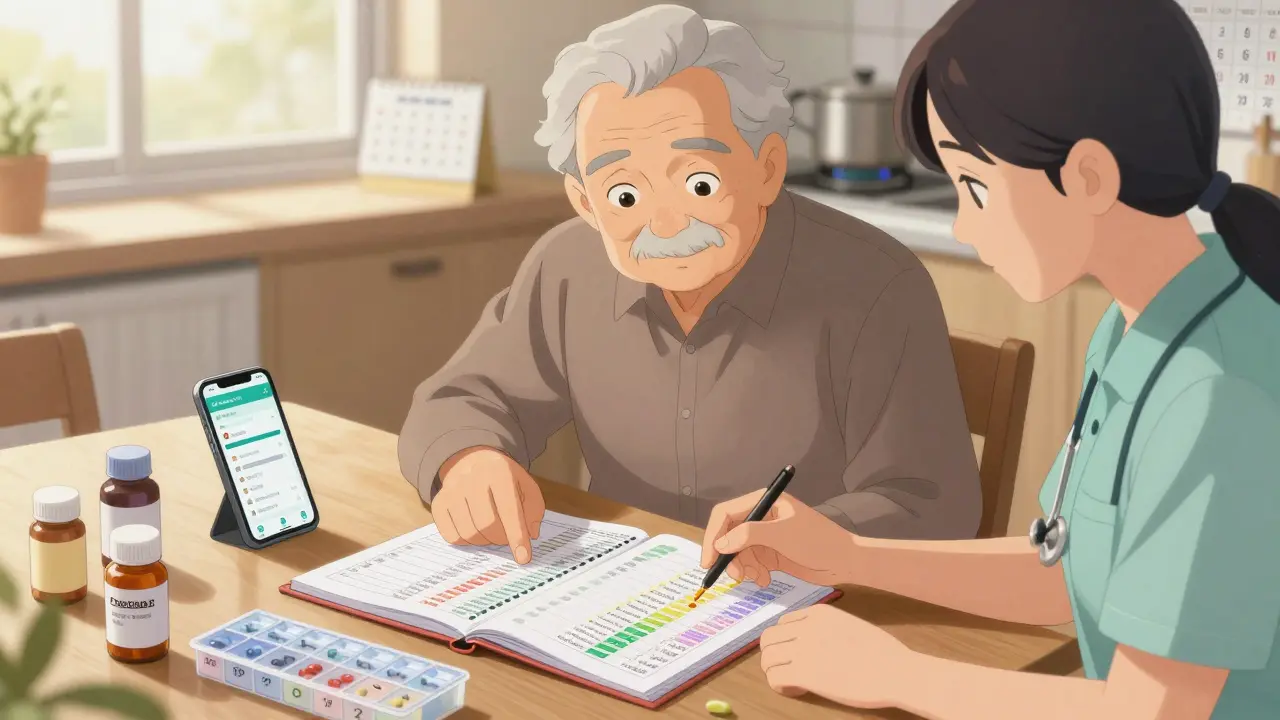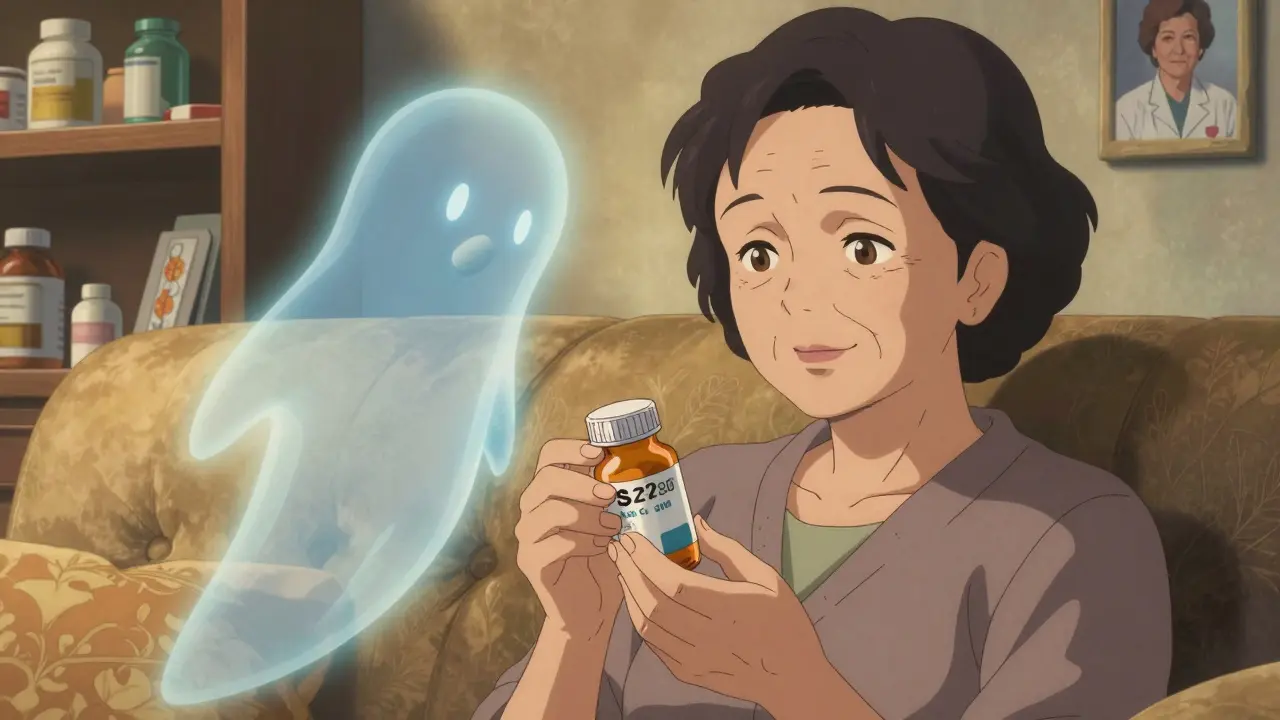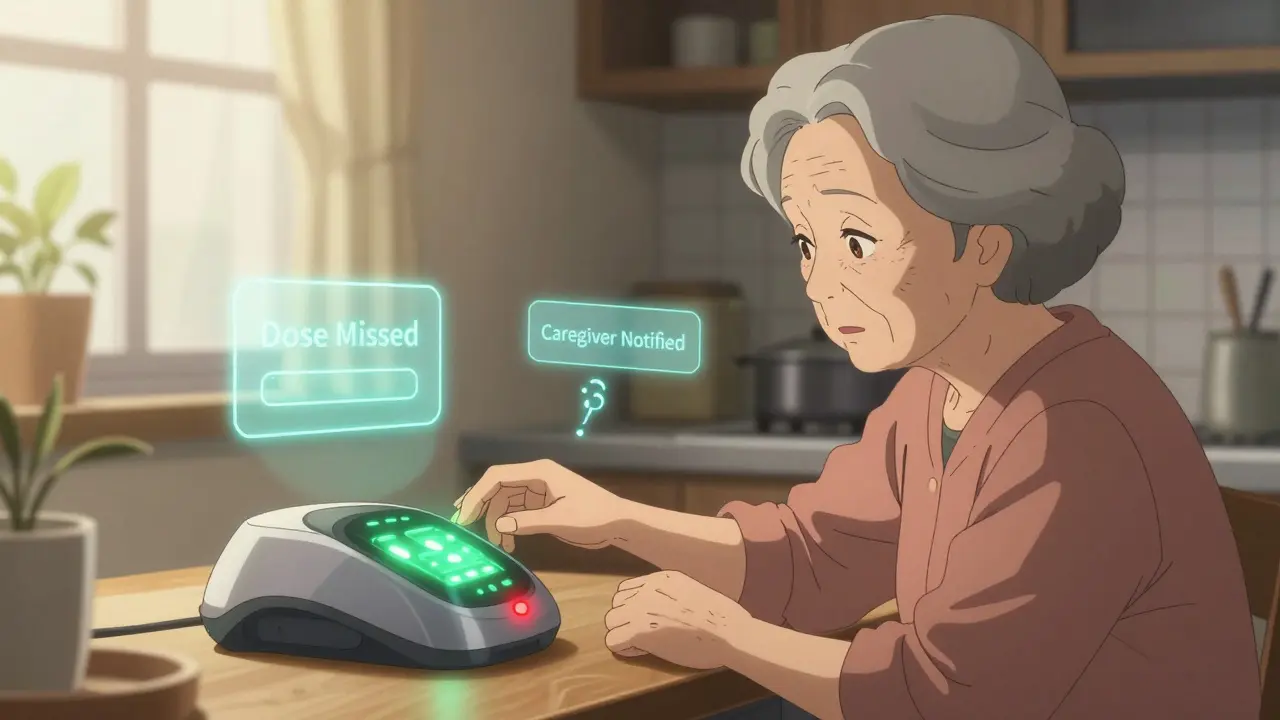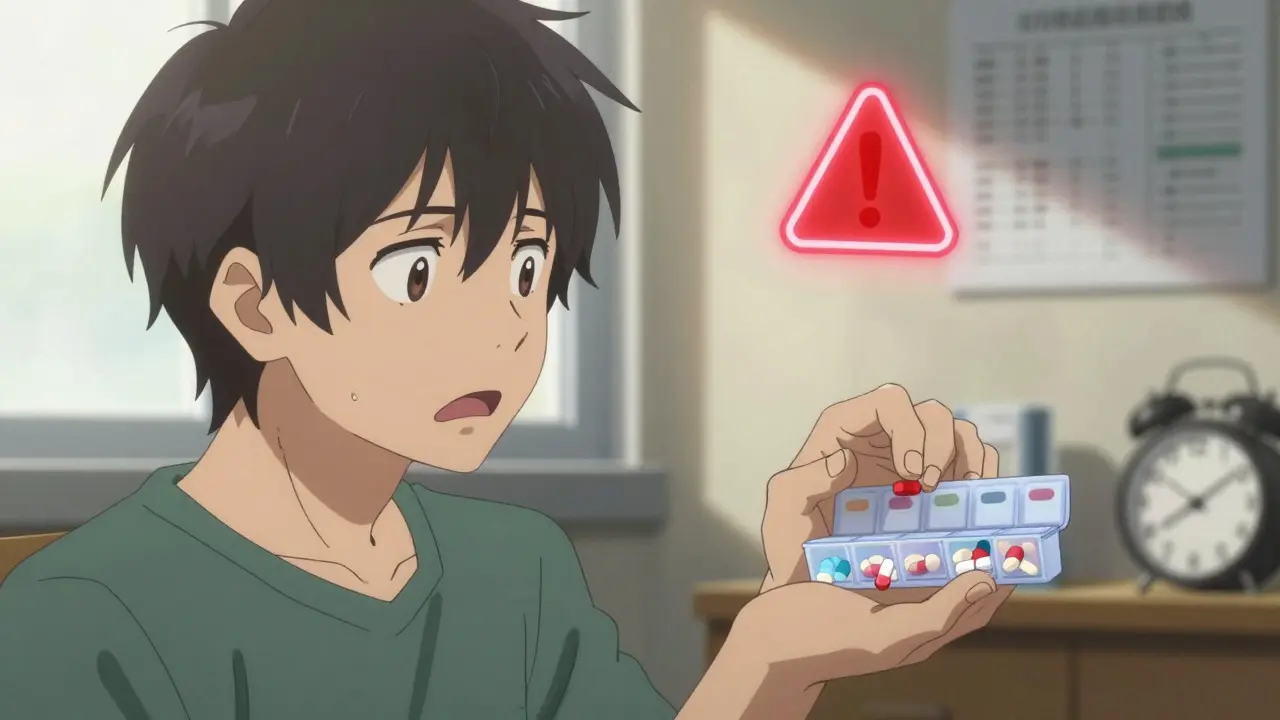Medication Adherence: Why Taking Pills as Prescribed Matters
When you're told to take a medication, medication adherence, the practice of taking drugs exactly as a healthcare provider directs. Also known as drug compliance, it's not just a checklist item—it's the foundation of every treatment plan. Whether it's antibiotics, blood pressure pills, or insulin, skipping doses or stopping early doesn't just waste money—it can make your condition worse, lead to drug resistance, or even land you in the hospital.
Why do people struggle with medication adherence? It’s rarely about laziness. Maybe the pill makes you dizzy, or you forget because you take five different drugs at different times. Maybe the cost is too high, or you don’t feel sick so you think you don’t need it anymore. One study found that nearly half of people with chronic conditions don’t take their meds as prescribed. That’s not a small number—it’s a public health crisis hiding in plain sight. And it’s not just about pills. non-adherence risks, the consequences of missing doses, including disease progression, hospitalization, and increased healthcare costs. For someone with high blood pressure, skipping a dose might not feel like a big deal—but over time, it raises the chance of stroke. For someone on antibiotics, stopping early lets the strongest bacteria survive and multiply, creating superbugs.
What helps? Simple tools like pill organizers, phone alarms, or apps that remind you. Talking to your pharmacist about simplifying your regimen—like switching from three pills a day to one combo pill. Asking about generics to cut costs. Even just writing down why your medicine matters to you—like being able to play with your grandkids or go to work without pain—can make a difference. treatment effectiveness, how well a drug works depends entirely on whether you take it as directed. No matter how powerful the medicine is, it won’t help if it’s sitting on the counter.
The posts below dive into real-world issues that connect to this: how inactive ingredients in generics can make you skip doses because of side effects, how hospital formularies force substitutions that confuse patients, how buying meds online without proper guidance leads to missed refills, and why expired or misunderstood drugs break the chain of care. You’ll find guides on switching medications safely, spotting warning signs when treatment isn’t working, and how to talk to your doctor when things feel overwhelming. This isn’t about guilt—it’s about making sure your treatment actually works. Because taking your meds right isn’t just advice—it’s your best shot at feeling better.





